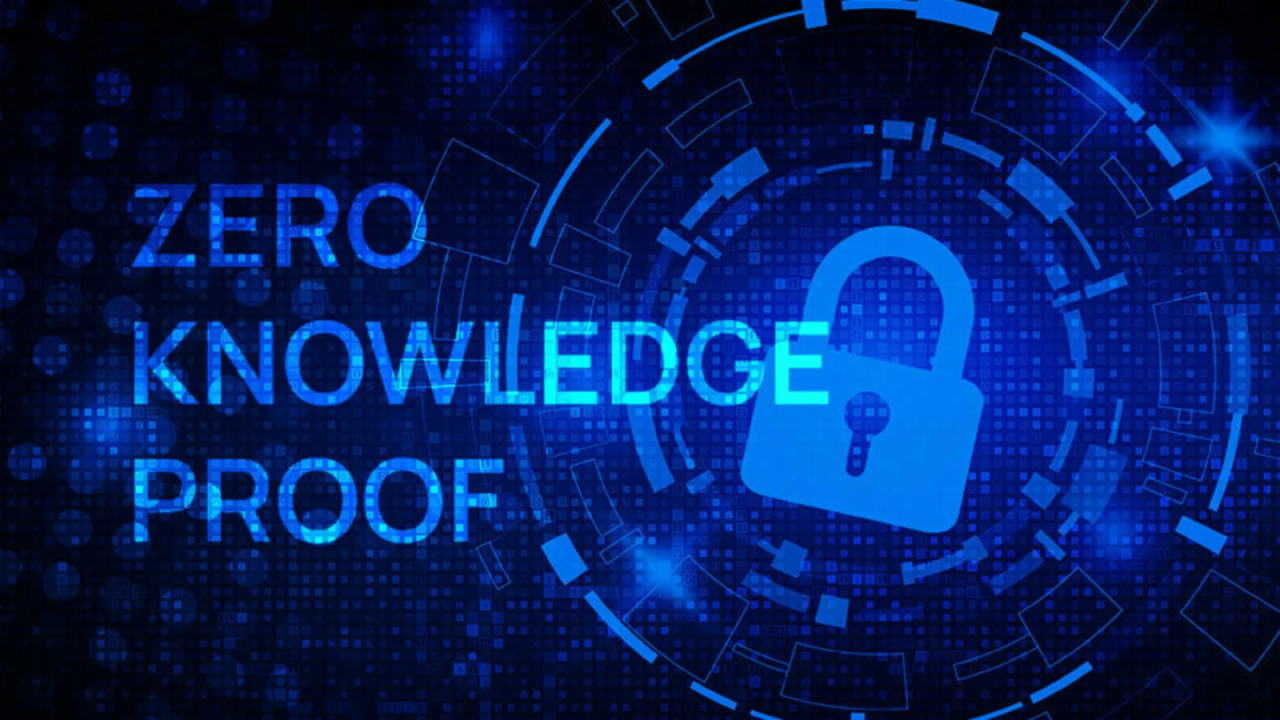ZPN Chain Set to Launch World’s First Blockchain with Dedicated Zero Knowledge Proof Hardware Chip
ZPN Chain Set to Launch World’s First Blockchain with Dedicated Zero Knowledge Proof Hardware Chip
By
Rachel Steinberg
Last updated:
November 3, 2025
First Published:
December 2, 2025

A New Frontier in Blockchain Innovation
A revolutionary development is unfolding in the blockchain world as ZPN Chain prepares to launch the first-ever public blockchain powered by a dedicated zero knowledge proof (ZKP) hardware chip. This milestone represents more than just another network launch—it signals the beginning of a new era in which privacy, performance, and scalability coexist harmoniously. As the crypto industry continues to mature, ZPN Chain’s integration of hardware-level cryptography stands as one of the most ambitious attempts to push blockchain technology beyond its traditional limits.
Understanding Zero Knowledge Proof Technology
Zero knowledge proof is one of the most advanced cryptographic concepts in blockchain. It allows one party to prove the validity of a statement to another without revealing any underlying information. In the world of decentralized systems, this means transactions can be verified without exposing sensitive data such as user identities or transaction amounts. Until now, ZKP has primarily been implemented through software, which, while effective, is often resource intensive. ZPN Chain’s introduction of a hardware-based solution promises faster verification, reduced computational costs, and enhanced privacy assurance.
Why Hardware Matters in Blockchain Evolution
The introduction of a dedicated ZKP chip addresses one of the biggest challenges in blockchain: performance bottlenecks. Traditional blockchains rely heavily on software-based cryptographic computation, which consumes time and energy. By moving this process to a specialized hardware chip, ZPN Chain can achieve unprecedented speed and efficiency. This innovation could make privacy-preserving transactions practical for mainstream applications, from decentralized finance to enterprise-grade data sharing.
Privacy and Transparency in Balance
One of the key challenges in modern blockchain design is balancing transparency with privacy. Users want the security of public ledgers without the exposure of personal data. ZPN Chain’s architecture bridges this gap by enabling transaction validation that keeps user information confidential while maintaining full network auditability. This balance is essential for institutions and governments considering blockchain adoption but hesitant about data privacy concerns.
A Step Toward Scalable Blockchain Infrastructure
Scalability has long been the Achilles’ heel of blockchain networks. As user demand increases, networks often face congestion and high transaction fees. ZPN Chain’s hardware-level optimization allows it to process significantly more transactions per second without compromising decentralization. This improvement positions it as a strong contender for large-scale applications such as digital identity verification, global payment systems, and decentralized cloud computing.
Bridging Blockchain and Hardware Engineering
What makes ZPN Chain particularly remarkable is its fusion of software and hardware disciplines. Blockchain has traditionally been the realm of developers and cryptographers, but integrating a ZKP-specific chip requires deep collaboration with semiconductor engineers. The result is a hybrid technological ecosystem where cryptography, hardware design, and distributed computing converge. This cross-disciplinary innovation could set a precedent for how future blockchain infrastructure is built.
The Security Advantage of Dedicated Chips
Security is another major benefit of ZPN Chain’s approach. Dedicated hardware chips are harder to compromise than general-purpose computing systems, as they are built with specific encryption and authentication protocols embedded at the silicon level. This reduces vulnerabilities that hackers typically exploit in software-based implementations. In an era where digital assets and confidential data face constant cyber threats, ZPN Chain’s hardware-backed encryption offers a powerful shield against tampering and unauthorized access.
Potential Impact on the Broader Crypto Ecosystem
The implications of this innovation extend far beyond one blockchain project. If successful, ZPN Chain could inspire a new generation of blockchains designed with embedded hardware accelerators. This would redefine standards for how blockchain infrastructure handles privacy, performance, and energy consumption. It could also encourage greater institutional adoption, as banks, corporations, and governments increasingly prioritize efficiency and compliance in digital systems.
Challenges Ahead for Adoption and Integration
Despite its promise, ZPN Chain faces challenges common to pioneering technologies. Integrating hardware into decentralized networks requires a global supply chain, compatibility testing, and ongoing maintenance. Moreover, convincing developers and enterprises to migrate to a new ecosystem takes time. However, ZPN Chain’s strong technical foundation and forward-looking vision make it a compelling project to watch as the industry searches for solutions to its long-standing scalability and privacy issues.
A Glimpse into the Future of Decentralization
The launch of ZPN Chain’s ZKP hardware chip is more than a technical milestone—it represents a philosophical shift toward a more efficient, private, and trustworthy digital world. It proves that innovation in blockchain is not limited to code alone but extends to the very hardware that powers computation. As the crypto industry evolves, breakthroughs like this will help transform blockchain from a niche technology into an integral layer of the global digital economy. The era of hardware-accelerated decentralization is about to begin, and ZPN Chain is leading the way.
Popular articles
Subscribe to unlock premium content
Disney’s Timeless Magic and How the Entertainment Giant Continues to Shape Culture and Innovation

Imran Khan’s Economic Missteps Amid Political Chaos in Pakistan

The Philippines’ Digital Shift How Remittances and BPO Are Fueling Growth

Disney’s Timeless Magic and How the Entertainment Giant Continues to Shape Culture and Innovation

Imran Khan’s Economic Missteps Amid Political Chaos in Pakistan

Disney’s Timeless Magic and How the Entertainment Giant Continues to Shape Culture and Innovation









